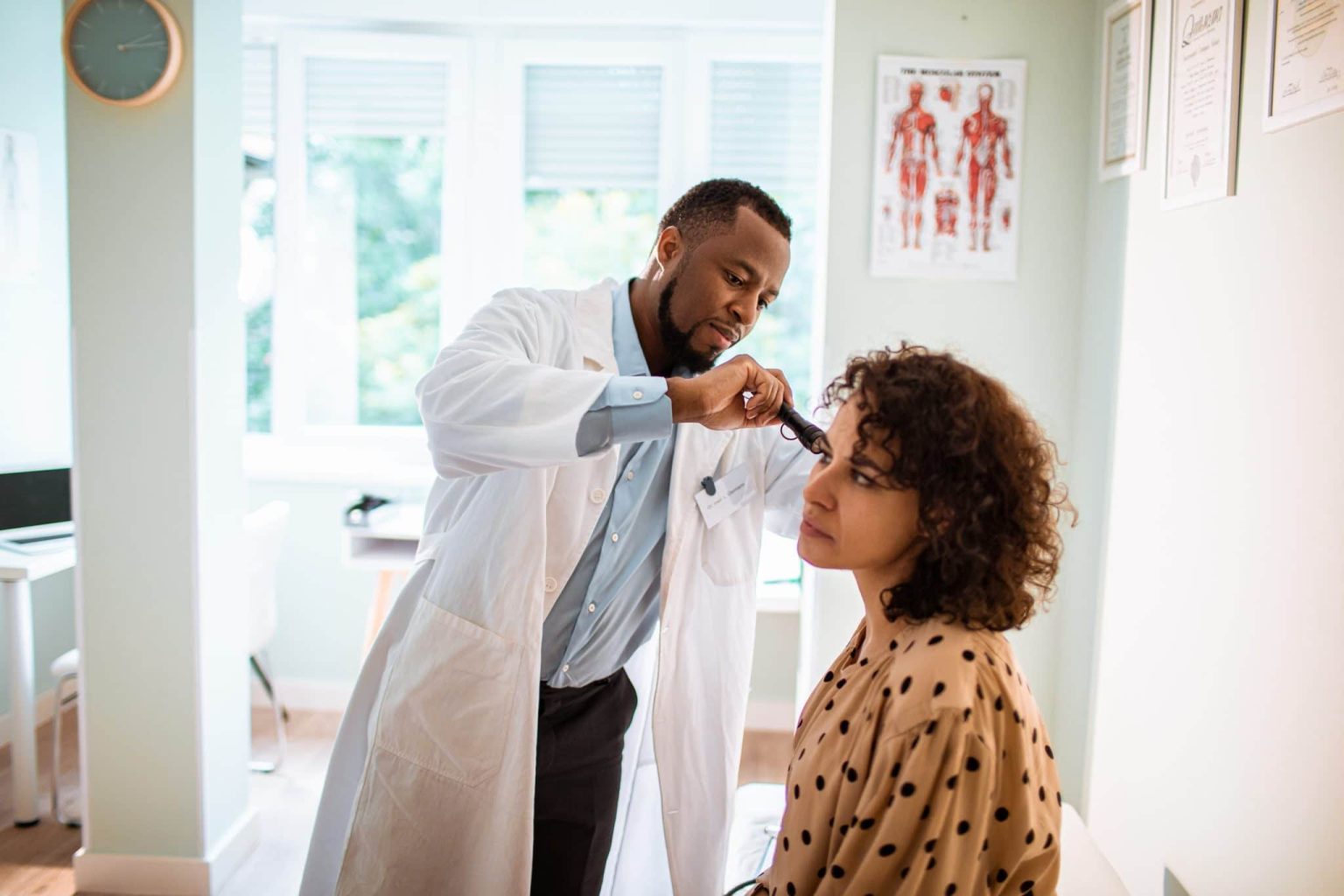This past year has not been easy for anyone. New research out of The University of Manchester, The University of Sheffield and Lancaster University suggests that those over the age of 70 with hearing loss may be especially vulnerable to feelings of loneliness, poor memory and mental health problems.
The Impact of Hearing Loss during Lockdown

Published in the February 2021 issue of the Journal of Audiology, this study looked at the impact the COVID-19 pandemic and 2020 lockdown had on mental health. The researchers enrolled 80 participants over the age of 70 who had access to the internet. The participants completed two questionnaires 12 weeks apart during May and June of 2020 about their hearing ability, socialization practices, feelings of loneliness, anxiety, depression and cognitive function.
Not surprisingly, the researchers found that there was a significant reduction in socialization levels in this population between pre- and mid-pandemic. The closure of many popular meetup spots such as the Philbrook Museum of Art may have also contributed to this decrease. Hearing difficulties were significantly associated with higher levels of depression, loneliness and cognitive dysfunction.
The results also indicated that those with hearing loss reported a worsening of anxiety, depression and memory problems during the pandemic compared to their feelings pre-pandemic.
Breaking Down These Results
While there can be a number of reasons behind these results, lead author Dr. Jenna Littlejohn suspects there are three key factors at play – the cancellation of medical appointments, use of face masks and increased use of technology.
Most non-essential medical appointments were canceled during the height of the pandemic. This included audiology visits, which could have provided much-needed treatment to those living with hearing loss.
The use of face masks made it harder than ever for those with hearing loss to communicate, as the masks act as a sound barrier. Not only do face masks muffle the voice of the speaker, but they make it more complicated for those who rely on lip reading or facial expressions.
Because of social distancing, many turned to technology to remain connected with friends and family. For those with hearing loss, talking on the phone or participating in a video call could be a struggle.
Dr. Littlejohn explains, “We need to ensure people with hearing loss get the correct support from health and social care professionals in terms of supporting mental health and investigating the risk of cognitive impairment due to the enforced social isolation on these people.” She continued, “The more data we have, the better we can inform the health and social care professionals who are responsible for them.”
To learn more about the impact COVID-19 is having on those with hearing loss or to schedule an appointment with a hearing professional, contact Eastern Oklahoma ENT today.